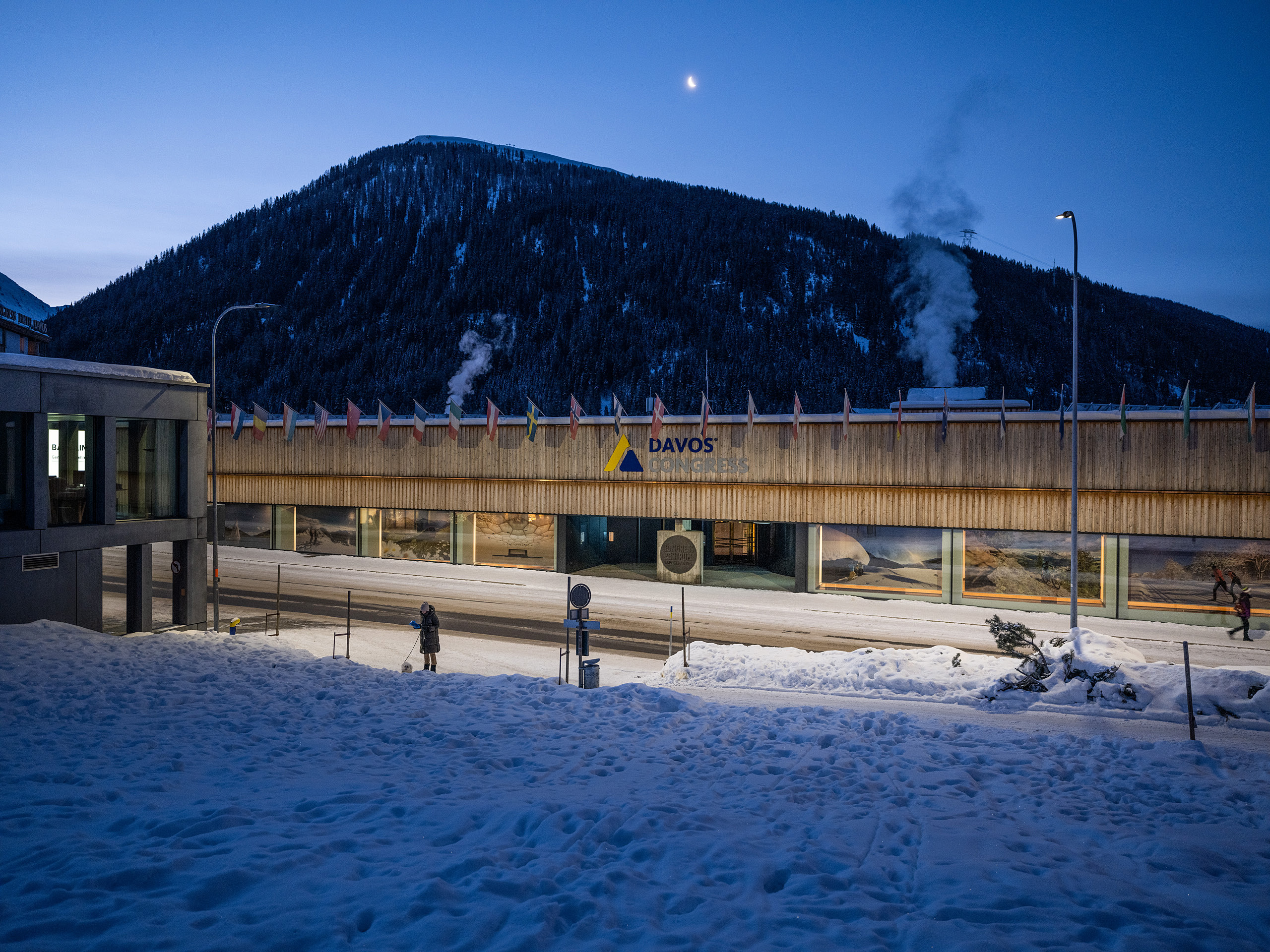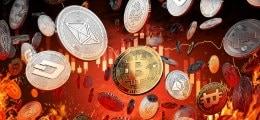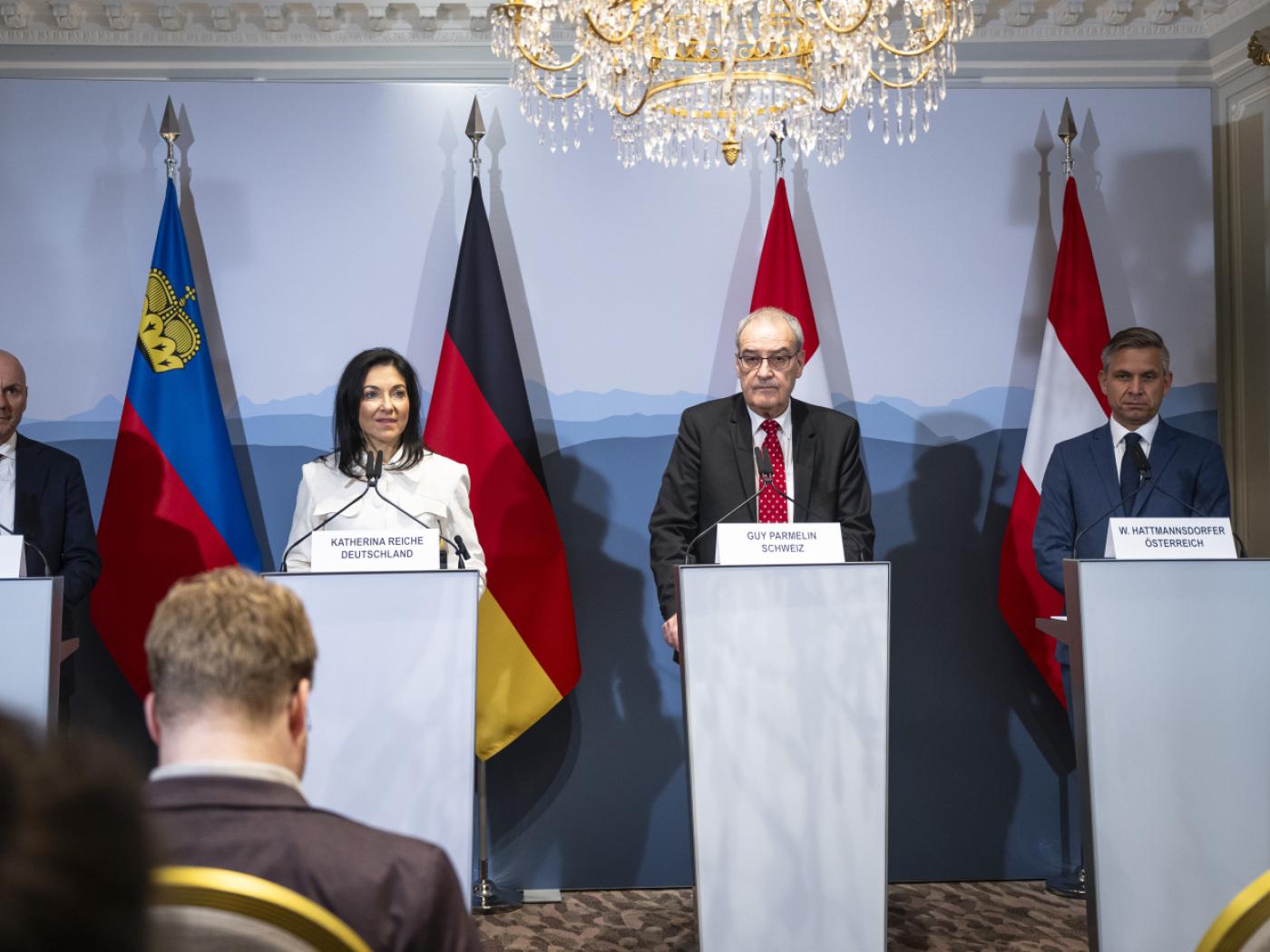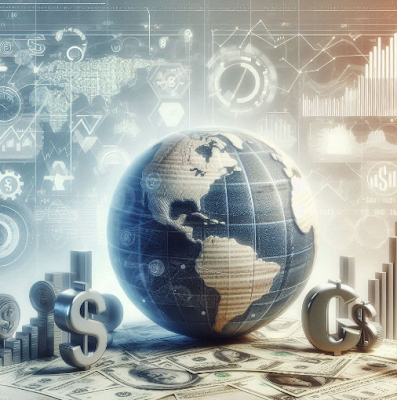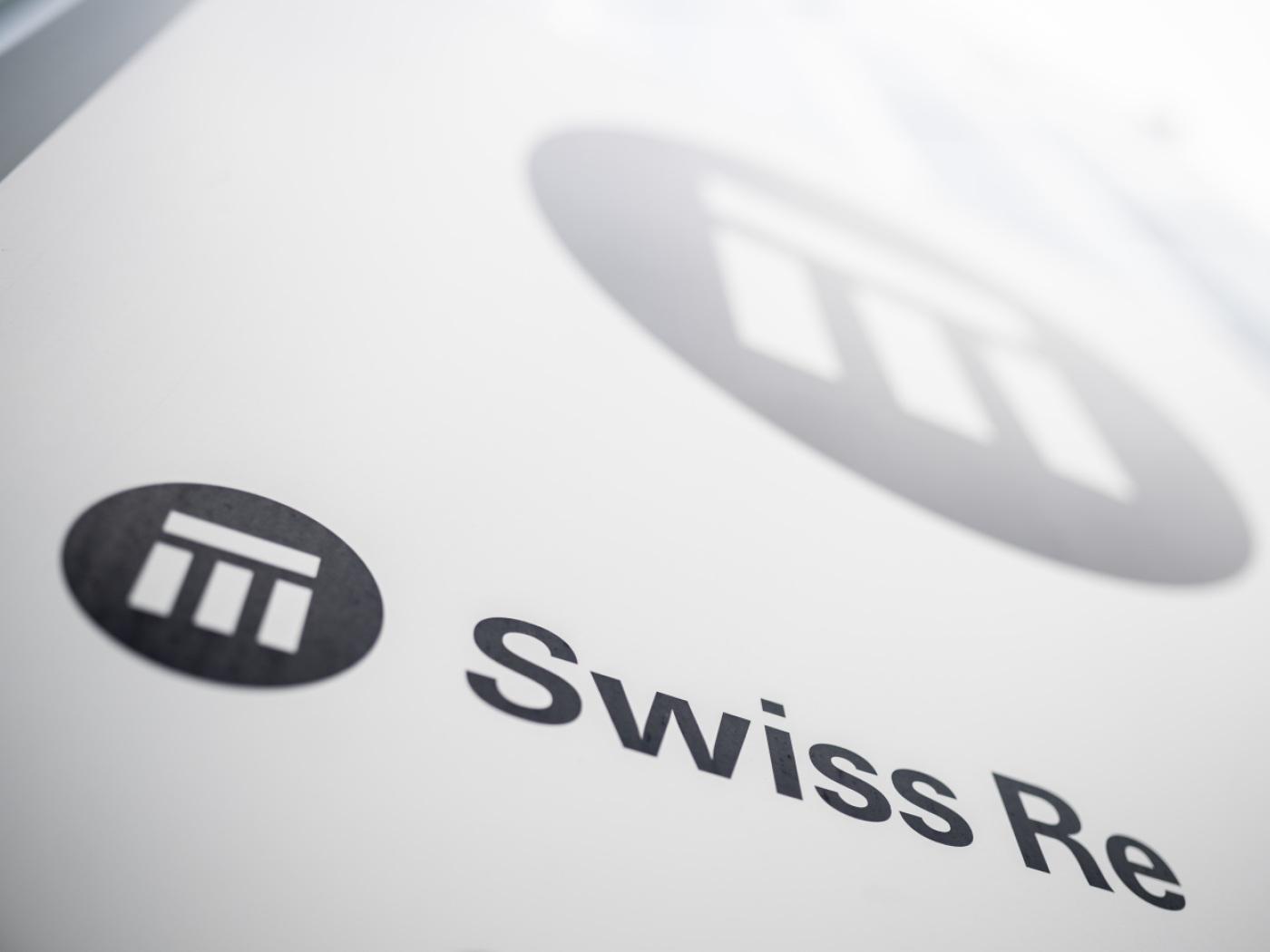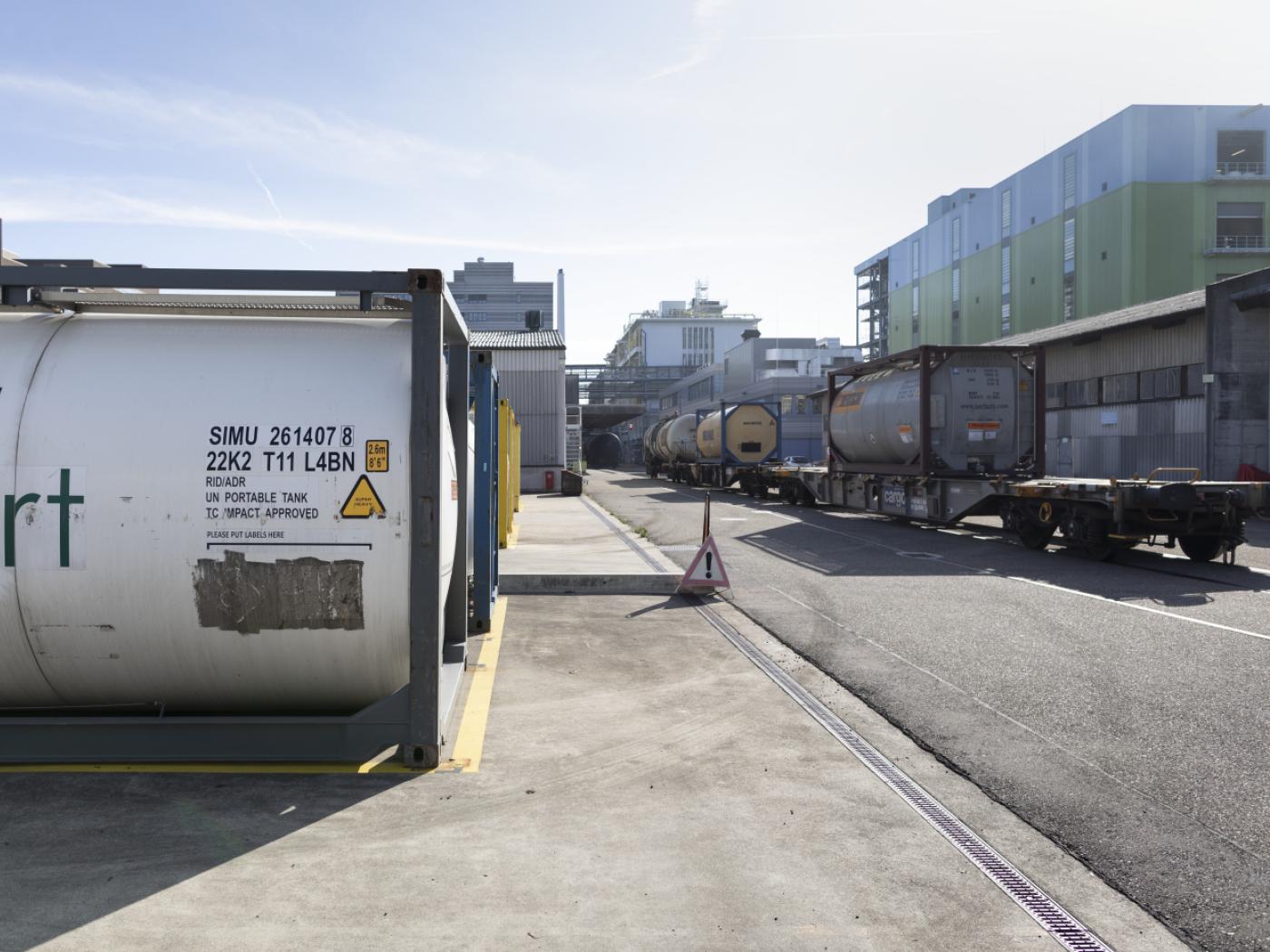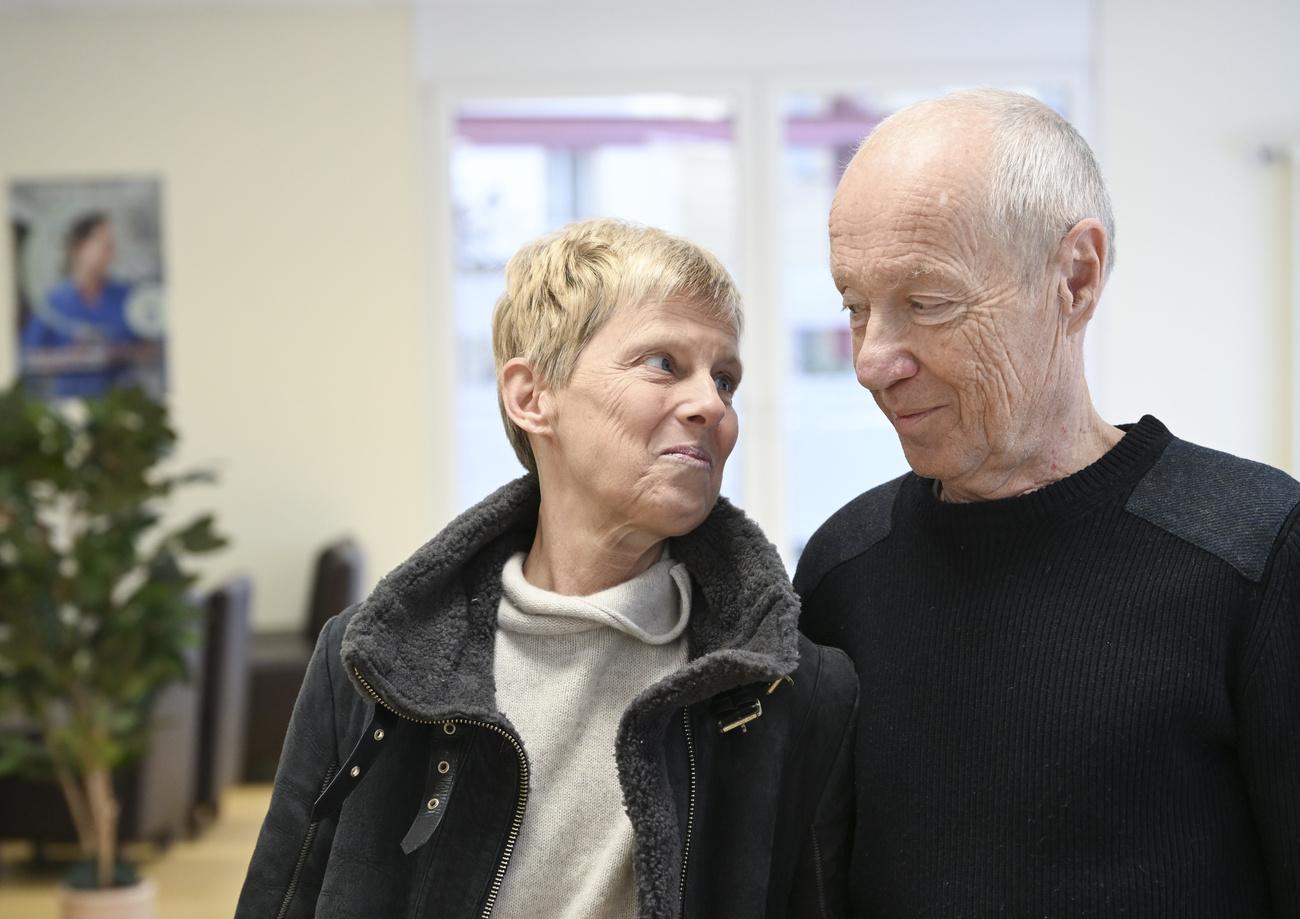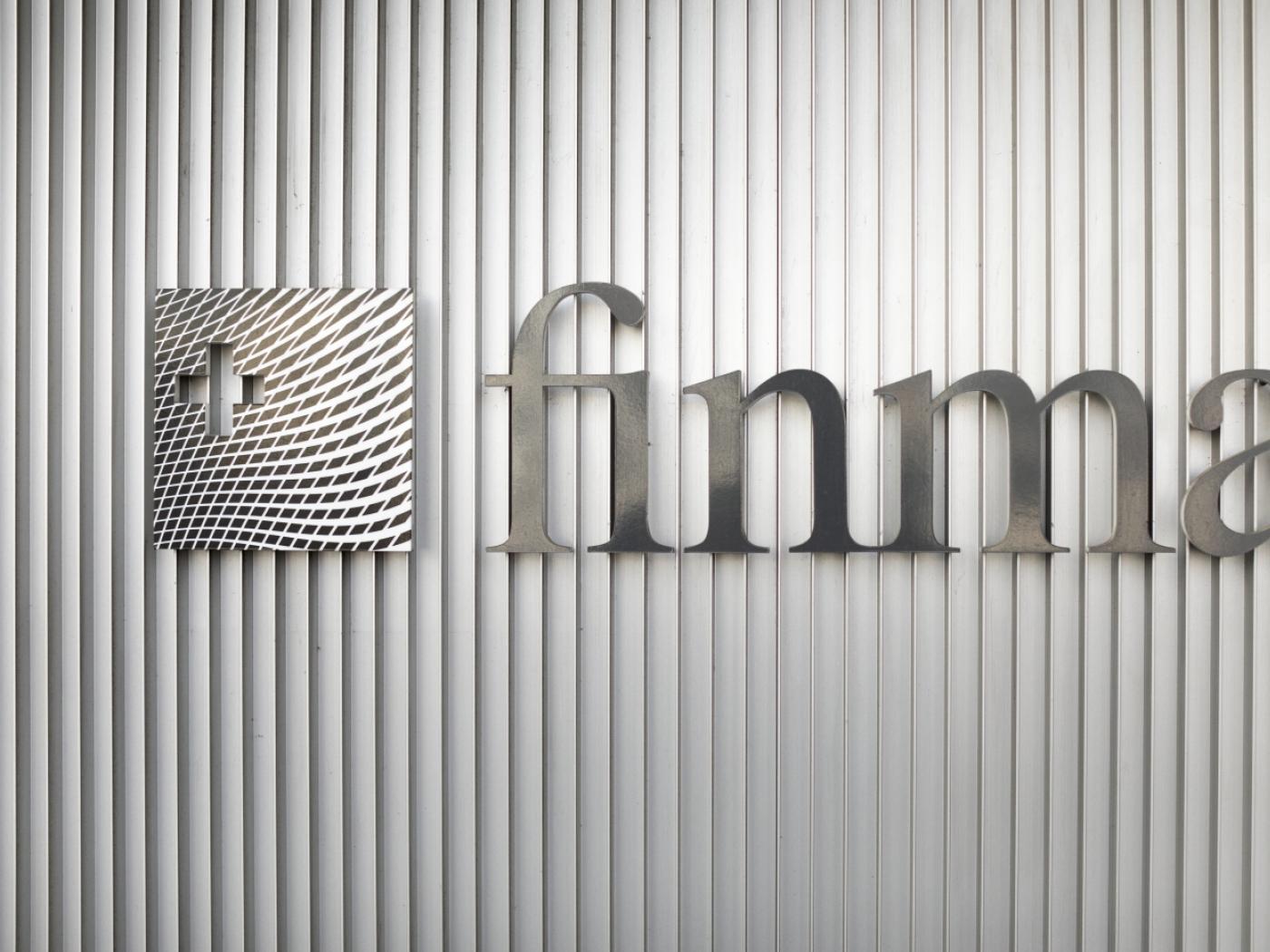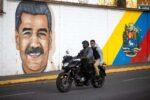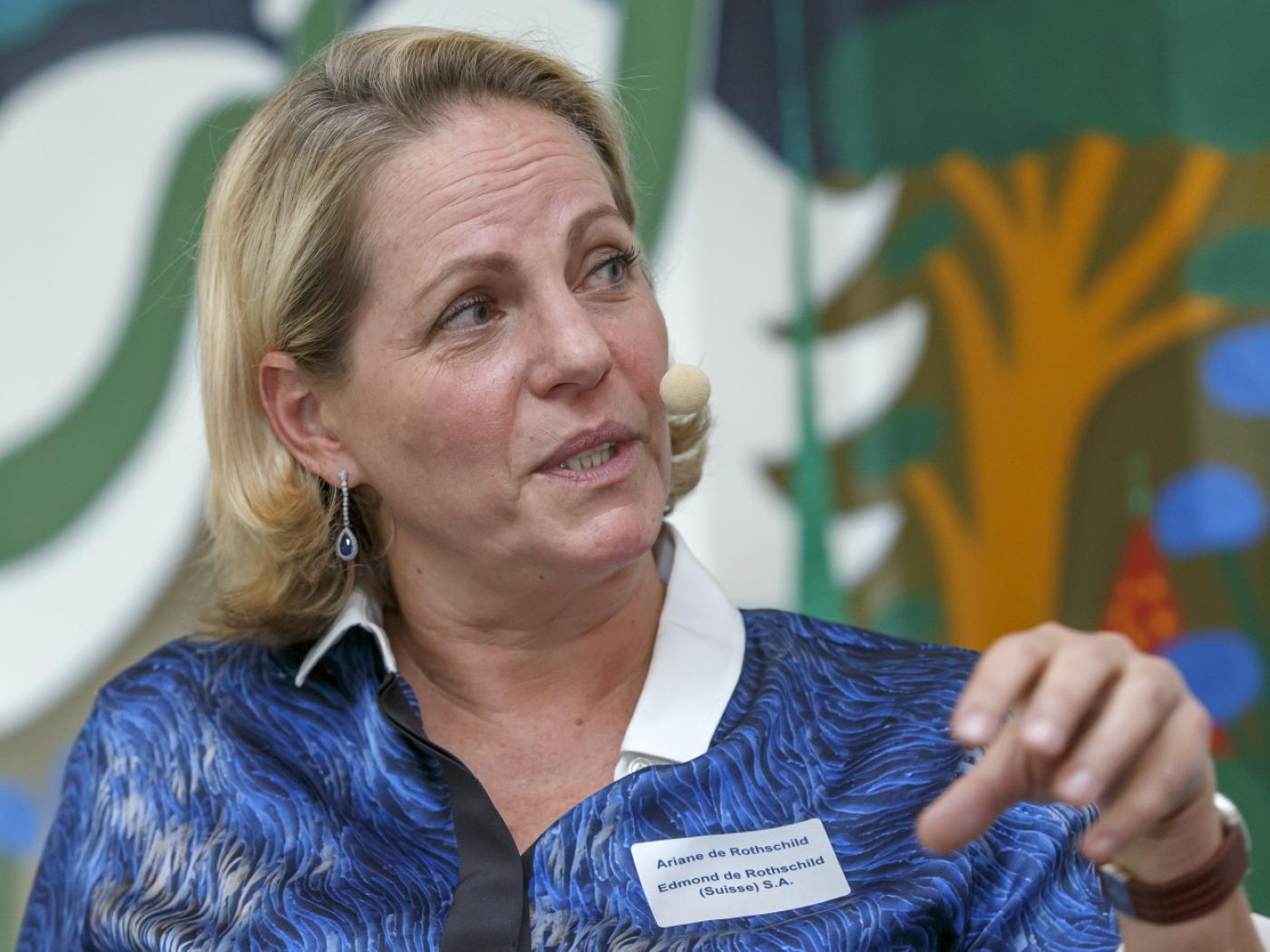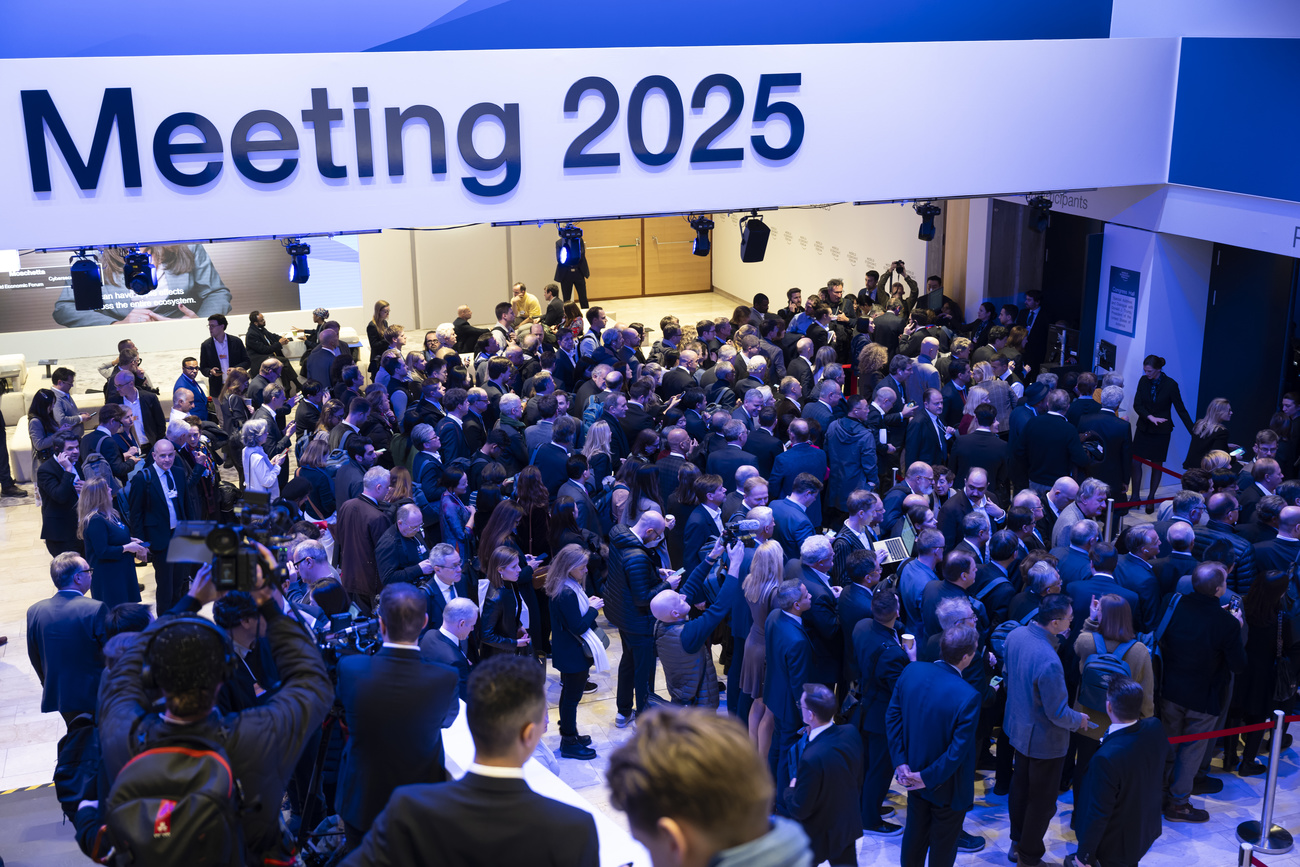
Switzerland uses the World Economic Forum (WEF) in Davos as a key platform for trade diplomacy. This year, it took an especially active role.
Shortly after the 2025 World Economic Forum (WEF) officially concluded on Friday afternoon, the Swiss government issued a press release entitled “Davos: Strong support for the WTO and rules-based trading.”
At first glance, this seems surprising. The headlines from the WEF were dominated by the speeches from returning US President Donald Trump and Argentinian President Javier Milei, both of whom want the exact opposite. They demand a move away from a rules-based, globalised economy and towards a trade model that puts nationalist priorities first, accompanied by a conservative social agenda.
On closer inspection, it becomes clear that not everyone shares an interest in this kind of international framework. The World Economic Forum is, after all, primarily a gathering of economic elites from around the globe.
More
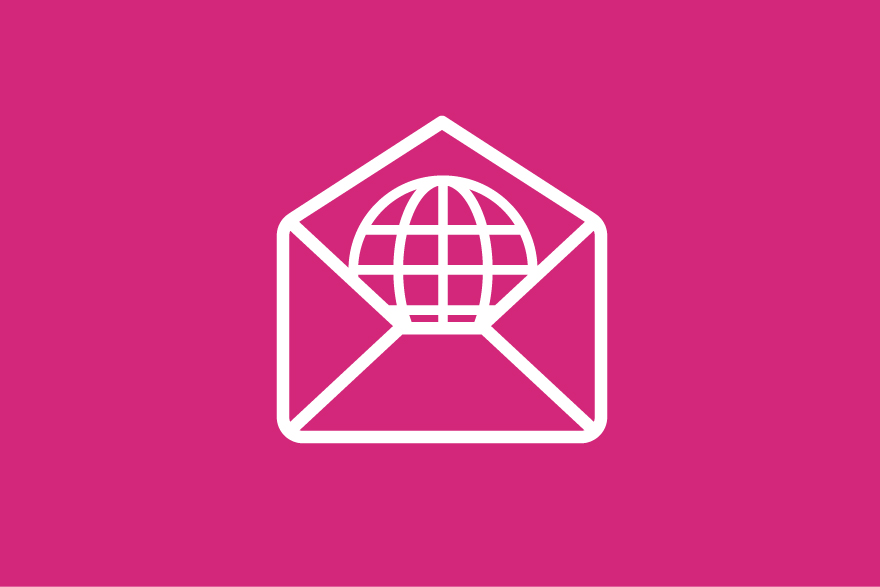
More
Our weekly newsletter on foreign affairs
The WEF is also a political meeting where diplomatic initiatives are discussed or announced. As the host nation, Switzerland naturally takes full advantage of the opportunities the annual meeting offers. Six of the seven members of the governing Swiss Federal Council attended the WEF in Davos.
Here are some of the key events for Swiss diplomacy at the WEF 2025.
Two new free trade agreements for Switzerland
The forum provided the Swiss government with a high-profile platform to finalise two new free trade agreements (FTAs), one with Kosovo and one with Thailand. These agreements were negotiated between the two countries and the European Free Trade Association (EFTA). As part of the EFTA, Switzerland often takes the lead in negotiations.
Trade volumes with both countries have so far been modest, but the conclusion of two new FTAs highlights Switzerland’s approach to economic policy. As a small economy, it is dependent on international trade as well as a reliable set of rules – both in multilateral frameworks and bilateral relations. “People tend to forget that free trade agreements not only offer tariff advantages but also provide a certain degree of legal certainty for businesses,” said Economics Minister Guy Parmelin.
Other FTAs are currently under negotiation, and some existing agreements are set to be updated.
More
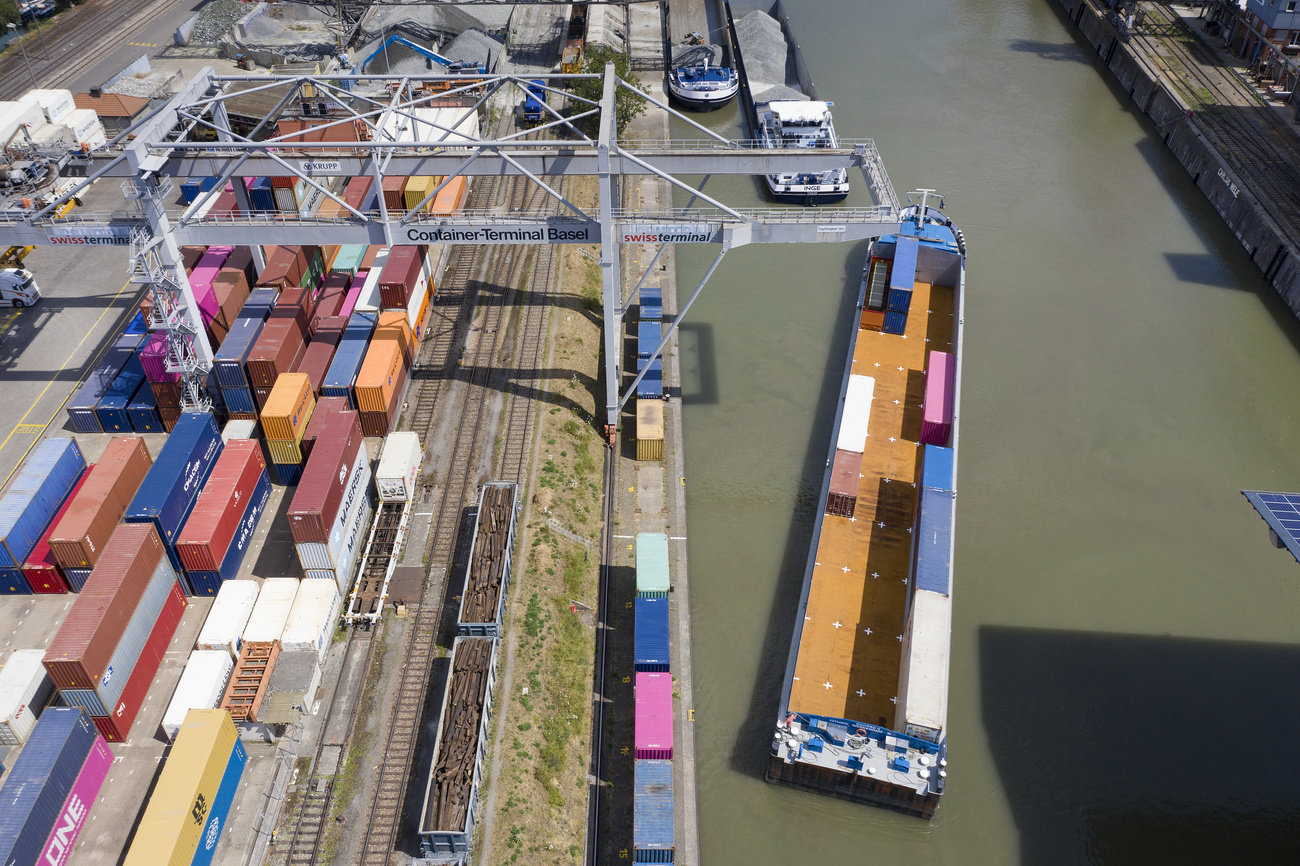
More
Who benefits from free trade agreements with Switzerland?
Switzerland has extensive social ties to both Kosovo and Thailand. Large diaspora communities in both countries have fostered economic activities. Thailand for instance, has long served as a gateway for Swiss companies to Southeast Asia. Similarly, the exchange between Bern and Pristina is particularly close.

More
Kosovo in Switzerland, Switzerland in Kosovo
Invitations to the Federal Council
A Mercosur agreement with South America has long been on Switzerland’s agenda. This made Argentinian President Javier Milei an important guest at the WEF. He even professed his admiration of Switzerland – but that didn’t stop him from lashing out in a sweeping attack against much of what the WEF stands for. Milei rallied against Western elites, denounced “fanatical environmentalism,” and criticised what he called an “epidemic of wokeism.” Yet, away from the stage, in what was described as an “extremely cordial meeting,” he invited Swiss President Karin Keller-Suter to Buenos Aires.
Switzerland would likely be pleased to accept this invitation. Milei has assured Keller-Suter that talks on the Mercosur agreement are “progressing well.” Despite all the criticism, the battered Argentinian economy is looking for ways to regain stability.
Swiss deaths in Iran
A strangely tragic story is currently unfolding between Switzerland and Iran. A Swiss citizen recently died while in Iranian custody, after being accused of espionage. Swiss Foreign Minister Ignazio Cassis used the WEF as an opportunity to demand information on the case from Iranian Vice President Javad Zarif.
Meeting with Iranian Vice President Zarif in Davos. In the current delicate geopolitical context, Switzerland remains engaged in dialogue with Iran and stands ready to contribute diplomatically to help de-escalate tensions in the region. pic.twitter.com/APeLmJ0aMRExternal link
— Ignazio Cassis (@ignaziocassis) January 22, 2025External link
Iran has repeatedly been accused of engaging in “hostage diplomacy,” though no evidence of this has emerged in the current case. The country plays an important role in Swiss diplomacy, as Switzerland holds a protecting power mandate between the US and Iran, granting it a direct channel to both Tehran and Washington. As a rule, Swiss authorities handle consular cases with extreme discretion.
There has also been another mysterious death in the past. In May 2021, a Swiss diplomat died in Tehran after falling from the 17th floor of the building where she lived. Iranian authorities ruled the case a suicide, while the Swiss authorities initially launched an investigation into a possible homicide. They have now also concluded it was a suicide. But not only was the Swiss investigation hindered – when the diplomat’s body was turned over by authorities, it was found that important organs were missing.
What’s next for Ukraine?
As a neutral country, Switzerland does not provide military support to Ukraine, instead focusing on humanitarian aid and diplomatic efforts. At last year’s WEF, for example, the Bürgenstock Conference was announced. The conference, held in Switzerland that summer, was the largest such gathering since Russia’s invasion of Ukraine.
Nothing of a similar scale was announced this year. But discussions in Davos turned again to the potential of Switzerland taking on a protecting power mandate, which would allow Switzerland to establish a diplomatic channel between Ukraine and Russia. While Ukraine has requested this, Russia has so far refused. “The talks are ongoing,” the Swiss President said briefly. Switzerland is always very discreet when it comes to such mandates.
Nevertheless, Ukrainian Minister for Trade and Economy Yulia Svyrydenko signed a memorandum reaffirming the importance of the Swiss private sector in Ukraine’s reconstruction.
Experience has shown that the discreet setting in the tightly barricaded mountain village provides an ideal backdrop for politicians from around the world to get to know each other and exchange ideas. It often takes months before it becomes known what was agreed upon – and implemented – in Davos.
The breadth of Economics Minister Guy Parmelin’s meetings makes Switzerland’s approach clear. In addition to discussions with Ukraine, he met with delegations from the United Kingdom, Peru, Moldova, Indonesia, Saudi Arabia, Morocco, Egypt, India, the UAE, Singapore, Vietnam, and China. The Federal Council even invited China’s Vice Premier Ding Xuexiang to Bern. Once again, the focus is on free trade and Switzerland likely aims to expand the existing agreement with China.
Edited by Balz Rigendinger, Adapted from German by David Kelso Kaufher/ac
Full story here Are you the author? Previous post See more for Next postTags: Featured,newsletter









